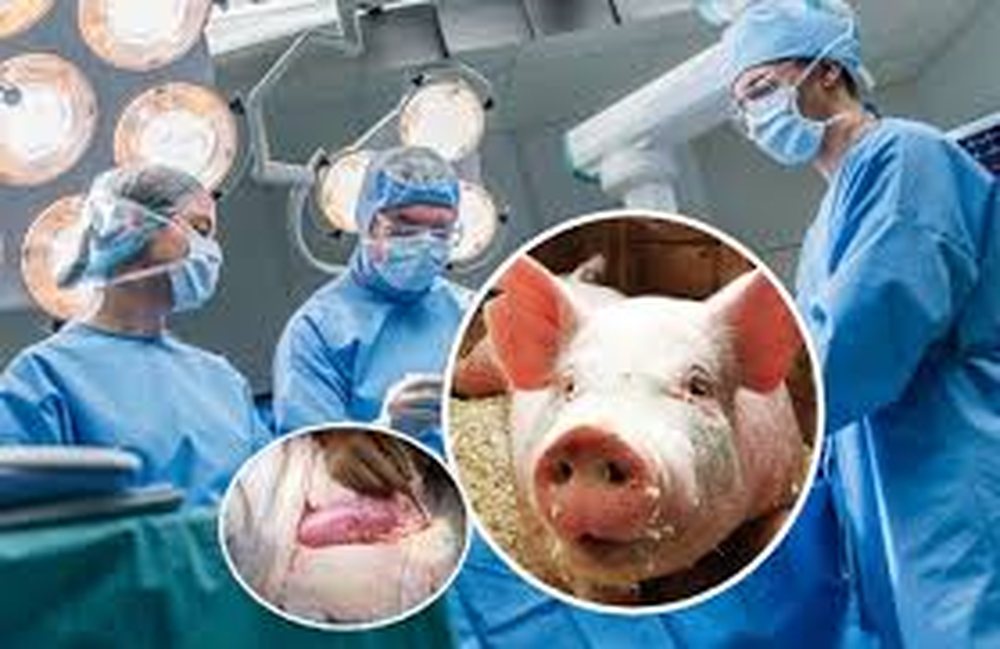
Scientists in China have achieved a historic medical breakthrough by performing the first live lung transplant from a pig to a human, opening a new chapter in the field of xenotransplantation.
The experiment was carried out by researchers at Guangzhou Medical University, who transplanted the left lung of a genetically modified pig into a 39-year-old patient who had been declared clinically dead, while the patient's original right lung was retained.
Pig organs have long been considered strong candidates for use in transplantation because of their similarity in size and function to human organs. This latest experiment, published in the scientific journal Nature Medicine, shows that the transplanted lung remained functional for nine days, although it faced the first signs of rejection on the third and sixth days. After the end of the nine-day period, the study was discontinued, but the results were hailed as a major step forward towards the clinical use of xenotransplantation.
Currently, the shortage of organs remains one of the greatest challenges of modern medicine. Last year alone, over 173,000 transplants were performed worldwide, including around 45,000 in Europe, while the demand for organs significantly exceeds the supply. For this reason, scientists have long been looking for new alternatives, and genetically modified pig organs are being seen as a possible solution.
“This study represents a proof of concept that, with further improvements, pig lung transplantation could become a real life-saving option,” said Dr. Beatriz Domínguez-Gil, director of the National Transplant Organization.
This method was used as a preliminary step to test the human body's reaction to an organ transplanted from animals, without risking the life of a truly conscious patient.
According to experts, lung xenotransplantation remains one of the greatest challenges in this field, as the lungs are extremely delicate organs. They are exposed not only to blood and internal circulation, but also to outside air, which significantly increases the risk of infections and immune rejection. For this reason, for years the lungs have been considered the most difficult organ to transplant from animals to humans.
Despite these challenges, the study conducted in China is seen as a medical milestone. It shows that, thanks to genetic modifications that eliminate several proteins responsible for rapid immune rejection, pig lungs can function for a limited period in the human body. The breakthrough is part of a chain of recent achievements in the field of xenotransplantation. Previously, doctors have successfully transplanted pig kidneys and hearts into living patients, but lung transplantation was considered even more complicated.
International health authorities emphasize that it is still too early to talk about widespread clinical use, but the perspective opened by this study is promising. If future results confirm the viability and safety of genetically modified pig lungs, then xenotransplantation could become a real solution for thousands of patients waiting for a life-saving organ.






















